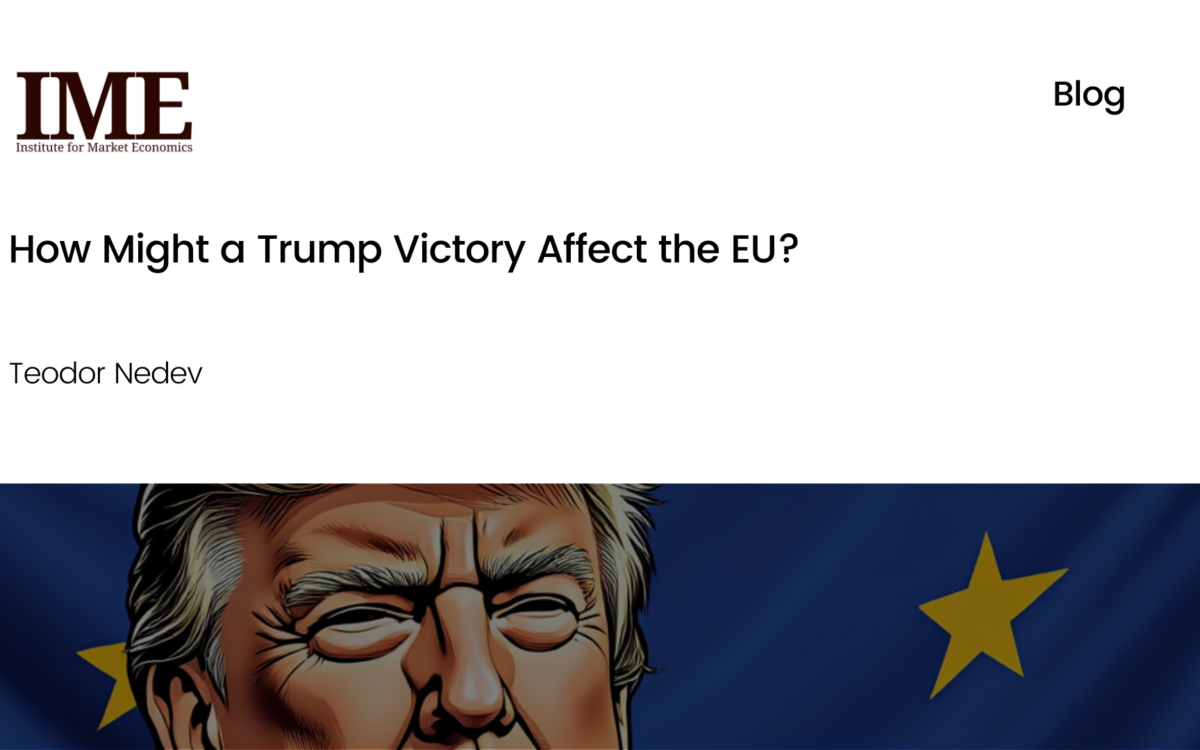Horizon 2020: A Game Changer for European 5G?

Horizon 2020: A Game Changer for European 5G?
Alex Zhang // 4 December 2019
Facing the competition from North America and Asia, the European Union has proposed the launch of an ambitious €100 billion budget plan for funding Research and Innovation (R&I) from 2021 to 2027. They call this initiative the “Horizon Europe” programme. It includes promoting industrial leadership, social challenges, and science with and for society. The Parliament and the Council have reached a common understanding of the plan and it is currently under public consultation. The three overall goals proposed in the programme are tackling climate change, helping to achieve the Sustainable Development Goals, and boosting the EU’s competitiveness and growth.
Public and private funding for R&I are key drivers of economic growth and productivity. These investments bring significant returns to economies and firms. Overall, the EU is ranked fourth globally in terms of business R&I investment. The Union has a 1.3% rate of investment relative to GDP, which is below South Korea (3.3%), Japan (2.6%), and the US (2%). With 7% of the world’s population, the Union contributes 20% of global R&D and 1/3 of all high-quality scientific publications. The Commission believes that it requires more effort to translate this advantage in research into leadership in innovation and entrepreneurship.
5G and automation, the current situation
The application of mass and fast transmission of data will be particularly relevant in the next decade. This means that 5G connectivity infrastructure is essential to the future European digital economy, especially in the field of connected vehicles, the internet of things, and smart cities.
One of the objectives of the new proposal requires the EU to support R&I investments to ensure that Europe has the essential 5G infrastructure. Much of the feedback in the consultation period urges the Union to protect resilience, security of communication, privacy, and identity management. Additionally, the feedback mentions initiating an EU wide collaboration to unify security standards across EU 5G architecture.
Currently, the EU is eager to take control on 5G technology. As President of the Commission Ursula von der Leyen said, “It’s not too late to achieve technological sovereignty.” However, many Member States still choose to work with Huawei, the Chinese telecom company, whose security has been called into question.
Europe does have companies that can produce 5G telecommunication equipment including Nokia from Finland and Ericsson from Sweden. However, their technological immaturity and business strategies meant they were underrepresented and faced fierce competition from Huawei and American firms. During the US-Sino trade war, the United States suggested that Huawei’s 5G technology may pose a national security threat as there may be backdoors for espionage sponsored by the Chinese government. The US has frequently asked its European allies to boycott the firm.
The EU has said they will make an independent assessment of Huawei’s security. Major firms in Europe, however, including DT of Germany and Orange SA of France, continue to cooperate in certain areas. Angela Merkel has again resisted the motion to impose more restrictions against Huawei, strengthening their cooperation in building a German 5G network. The French Government continues to allow Huawei equipment to operate in the French telecom infrastructure on a case-by-case basis. Additionally, these companies have strong discretionary power to choose their upstream services or inventory providers, leaving the government with very little room for regulation even if they intend to do so.
The only major telecoms powerhouse which has committed to excluding Huawei from the process of 5G development is BT from the UK. The company pledged to remove all Huawei 4G equipment and that no additional 5G equipment will be installed. However, with Brexit still expected in the foreseeable future, the security level of EU 5G will continue to be questioned.
Even in the case of the UK, Huawei intends to win back its market share and the potential 5G opportunities. Several gestures have been made from both the firm and the Chinese Government in order to convince the British market that their service and equipment are risk-free. The Chinese government has given BT permission to participate in the Chinese market for telecom services, and Huawei has reportedly thrown lavish dinners inviting British lawmakers and telecoms experts.
Given the security concerns, it is perhaps surprising that Huawei is a significant part of the European economy. In 2018, Huawei contributed to 2.5 Billion to European GDP and provided 169,700 jobs through its supply chain. With an increasing dependency on the firm and the 5G company, it may require additional scrutiny for the EU to achieve its digital sovereignty. Although it is ideal to catch up in the competition with the US and China, the Union currently must make efforts to balance the implementation of foreign technology with its economy, security, and development concerns.
EPICENTER publications and contributions from our member think tanks are designed to promote the discussion of economic issues and the role of markets in solving economic and social problems. As with all EPICENTER publications, the views expressed here are those of the author and not EPICENTER or its member think tanks (which have no corporate view).



